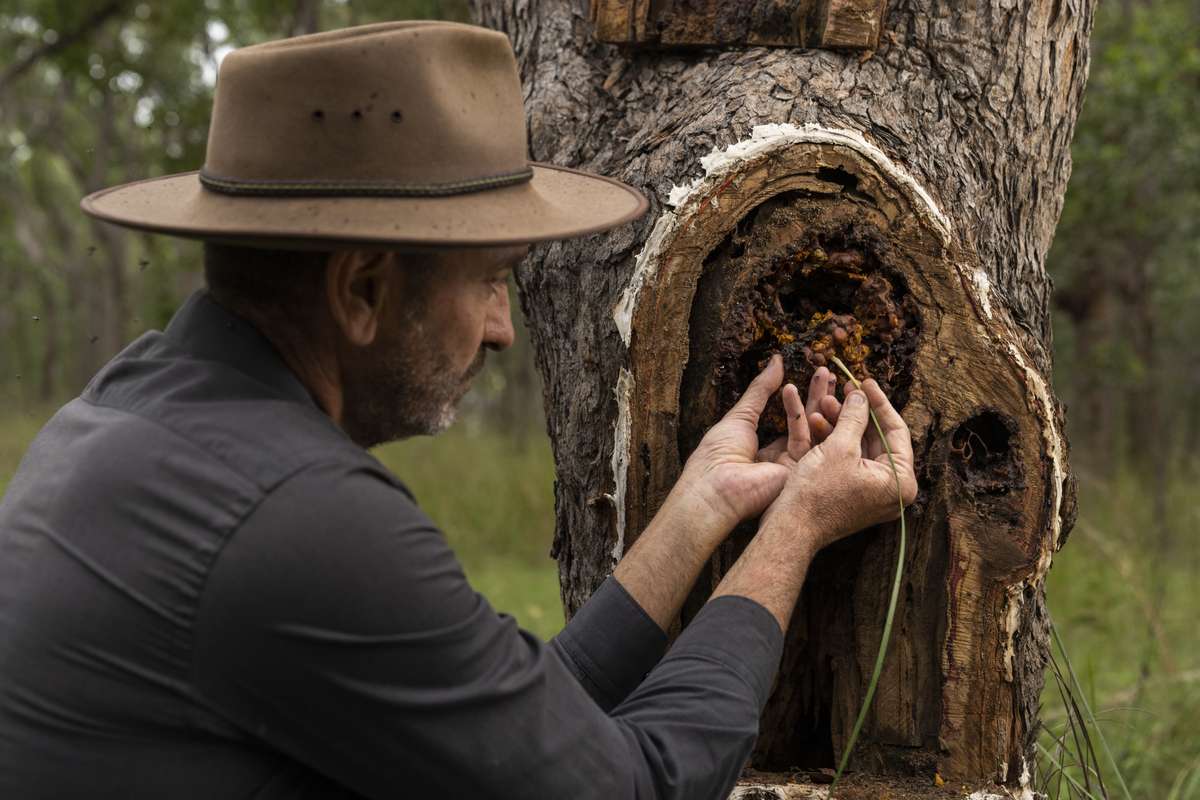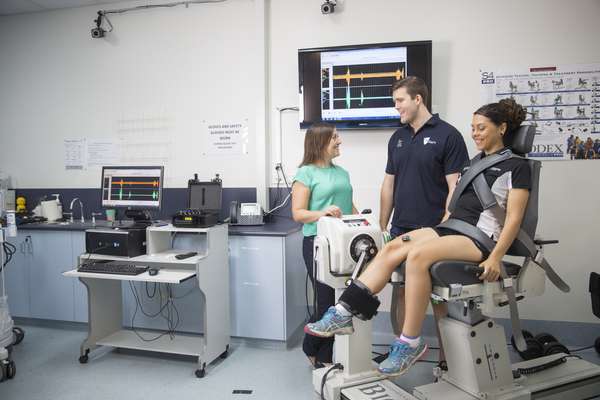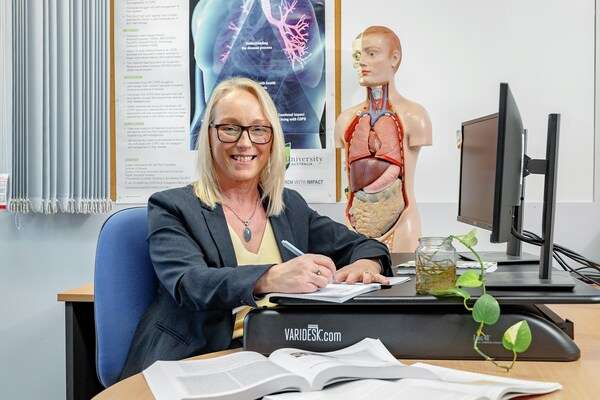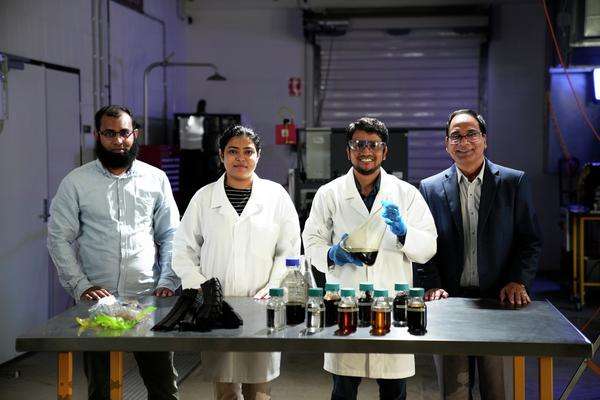Research

Engaged with national and international research with a range of formal and informal partnerships and affiliations.
We're proudly committed to the sustainability of our communities socially, environmentally and economically, an approach that is underpinned by the United Nations SDGs.
The Code of Conduct for Research sets out the responsibilities and standards of behaviour expected of researchers at CQU.

Your pathway into CQU: Tell us about your business and your needs and we'll match you with an expert in your industry.

Connect with the CQU Research Team.
